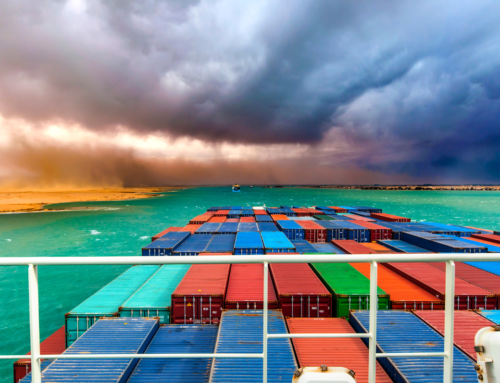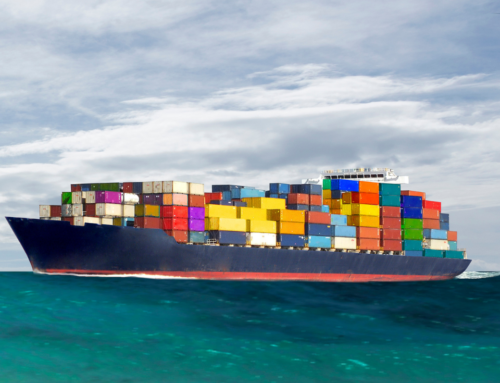How Disruption in the Red Sea Impacts Rising Sea Freight Costs
How has the disruption in the Red Sea impacted shipping costs? Are delays inevitable? Read this to find out everything you need to know.
The Red Sea and Suez Canal are crucial passageways for global maritime trade. Due to recent events in the Middle East, however, the world has seen a spike in sea freight costs and delays. This all comes after the attempted takeover of a Maersk vessel and missile strikes in the Red Sea.
Surveys have shown that the manufacturers in the UK are having increasing supply chain difficulties due to goods such as components and raw materials being diverted away from the Suez Canal. Not only has this shot up the cost of sea freight, but it has added weeks worth of delays in goods being delivered.
The Cause of Red Sea Disruptions
The Houthi, who are rebels based in Yemen, have claimed that their attacks are a response to Israel’s assault on Palestine. Israel, however, claims that their bombardment is in retaliation for Hamas’ October 7th attack.
Since then, airstrikes against the rebels have been launched by both the UK and US. Despite this, attacks on trading vessels in the Red Sea have continued.
How This Impacts the UK
This continuation of attacks has had a significant impact on sea freight. The UK manufacturing sector was already declining at the beginning of 2024, and this situation will only worsen the situation. Delays of anywhere between 12–18 days can be added so some deliveries, according to surveys.
This comes alongside rising inflation, disrupted production schedules, and a weak demand for products at both a national and international level. The current delay of around three weeks is said to be especially hard-hitting to the European market.
As the Suez Canal typically handles around 12% of global trade, there are few locations that will have a larger impact. Not only do containerised goods pass through the canal, but also oil shipments. As a result, crude oil prices have shot up.
How Shipping Companies Are Responding
In response to these freight issues, top shipping companies like Hapag-Lloyd and Maersk are redirecting ships around Southern Africa rather than the Suez Canal. This journey adds thousands of miles to the journey and leads to delays to Europe.
Despite delivery costs rising and delays being the highest in over a year, the overall manufacturing index looks hopeful. The downturn in freight has receded, with the index going from 47.1 in December, to 49.1 in January.
Even in this tumultuous landscape, Hawley Logistics is ready to handle any challenges caused by the Red Sea trading disruptions and rising sea freight rates. Our range of services, which covers air freight, road freight, and sea freight, are designed to be efficient as well as sustainable.
So, even in the face of adversity, we are well-equipped and will meet the demands of the industry. All the while ensuring logistic solutions that are both effective and reliable.




